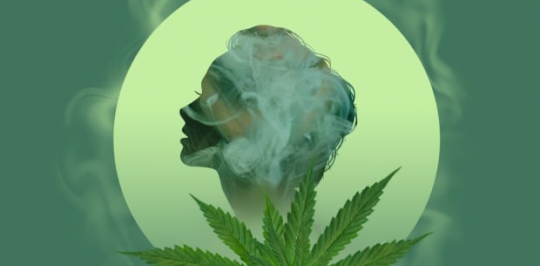Body language
Davies said the audience at this week’s Q&A event at Telus World of Science had plenty of questions about other parts of the body.
"I got everything from, ’Do I know anything about exercising while high ?’ — and the answer was no, I’ve never heard about that before."
People are also curious about the effects of pot on fertility and reproduction. That’s an area that Davies hopes will begin to be more thoroughly researched.
A man’s sperm count is negatively impacted by cannabis, he said, but research to date hasn’t conclusively determined impacts on female fertility.
Edmonton store rolls out red carpet on first day of legal cannabis sales
It is known, however, that THC will enter a fetus’s blood system when pregnant women take cannabis to deal with morning sickness, he said. For nursing mothers, he said, the levels of THC in breast milk are eight times what is in the mother’s bloodstream.
And, not surprisingly, a lot of questions are asked about the likelihood of overdosing on cannabis.
"I teach a toxicology course," Davies said. "And one of the introductory things that we always cover is that poison is all about dose. You can take the most benign substance and at a high enough dose it can cause you harm."
Davies said the biggest risk of cannabis will likely manifest with novice users who don’t have enough knowledge about THC levels of their product or which cannabinoid profile works best for them.
"With a safe dose," he said, "these risks can be minimized."
Voir en ligne : CBC News

